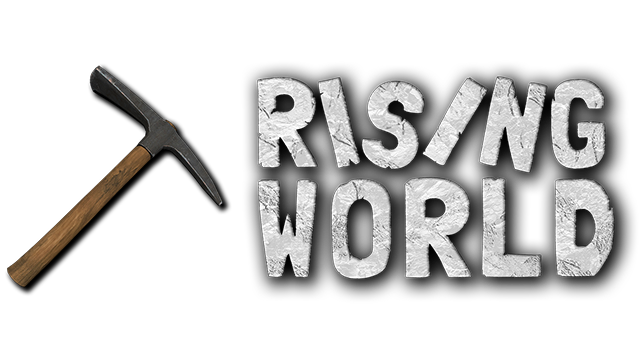As strange as it seems to me, this has not been discussed apparently: I searched the fora for the term with no result.
I am generally a fan of permadeath and I would love to see it implemented in RW in a stricter way than now: Currently, it mostly amounts to losing your inventory, and even this only if you don't retrieve and spoil your body soon enough.
In a stricter implementation, dying would entail not only loosing the inventory no matter what. but also resetting any knowledge / level / skill may be implemented in future updates; once character customisation will be added to the game, a dead character should be recreated from scratch. On servers which grant special privileges to players (after a time or after a task is completed), all these privileges will be lost.
A possible metaphor to be used as a guide line could be the "heir metaphor": the new character is the heir of the dead one, may inherit his physical possessions (anything the dead built and/or land allotted to him on servers), possibly through a 'tax' of some kind which has to be 'paid' (after collecting the necessary resources) or a task which has to be completed before inheriting.
This should happen universe-wise, not simply world-wise: the previous character is dead and the new character should replace the old in all worlds and in all servers that character may have visited (of course, the 'tax' or task -- if implemented -- has to be repeated in each world or server). Of course I don't know the technical details, but I believe Hive authentication gives a way to implement this universe-wide death in a feasible manner.
If technical reasons (like DB searches and matches) require keeping the same name, it is ok.
As I understand this may have a rather big impact on the game play and playing style and may not suit everybody taste; so some optionality may be important, but I cannot imagine how, given the "universality" of the character death, as I see it.
Comments and criticisms are welcome, of course! M.

